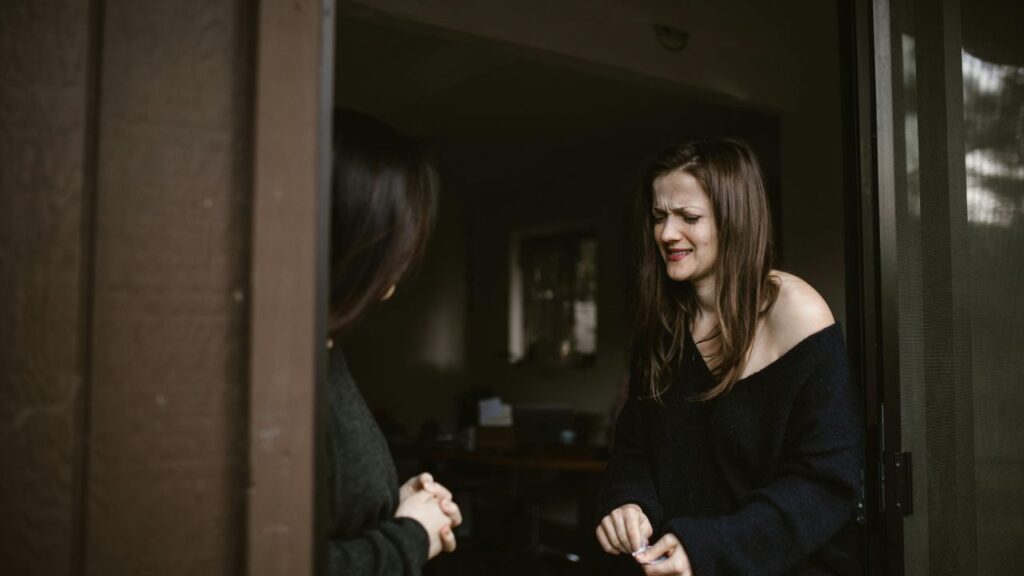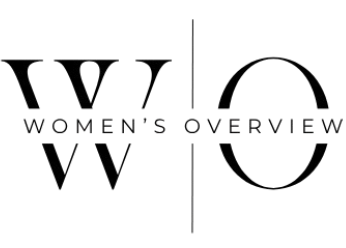Not all friendships are meant to last forever. As we grow and evolve, so do our relationships—and sometimes, that means recognizing when a friendship no longer fits who we are. It’s not about blaming or resenting; it’s about being honest with yourself. Letting go can be painful, but it can also be one of the most freeing acts of self-respect you’ll ever make.
The friendship feels one-sided

If you’re always the one reaching out, making plans, or offering support, that imbalance eventually wears thin. Healthy friendships are reciprocal, not transactions of obligation.
When someone consistently makes you feel like a backup option or an emotional ATM, it’s a sign the connection might not be as mutual as you hoped. You deserve to feel like your energy is valued—not quietly drained.
You don’t feel like yourself around them

When you’re constantly filtering yourself or shrinking to keep the peace, that’s a red flag. A good friend should bring out more of who you are, not less.
If you find yourself walking on eggshells or molding your personality to fit their comfort zone, it might be time to ask why you’re staying in that dynamic. Real friendship allows space for your whole self.
The friendship is rooted in the past

Some friendships were perfect for a season, but not for the long haul. If the only thing holding you together is shared history, that connection can start to feel hollow.
When conversations rely on nostalgia instead of present-day connection, it’s worth asking whether the bond still serves you now—or if it’s just familiarity keeping it alive.
You dread interactions more than you enjoy them

If you feel drained or anxious every time you see their name pop up, your gut might be telling you something. Friendship should feel safe—not like emotional labor.
Of course, every relationship has tough moments, but if the dominant feeling is dread or discomfort, it’s time to examine why you’re still invested.
They dismiss or undermine your growth

Friends should celebrate your growth, not downplay it. If someone mocks your progress, questions your boundaries, or tries to keep you in a box you’ve outgrown, that’s not support—it’s sabotage.
Change can be threatening for people who haven’t evolved alongside you. But that doesn’t mean you have to stay small to keep the friendship intact.
The trust has been broken—and never rebuilt

Trust, once broken, doesn’t always recover. If there’s been betrayal, dishonesty, or deep disrespect that was never addressed or repaired, it creates an invisible wall between you.
You can forgive someone and still choose not to keep them close. If the foundation is cracked and there’s no effort to rebuild it, sometimes the healthiest move is to step away.
The relationship feels emotionally toxic

When a friendship is marked by constant drama, manipulation, or guilt-tripping, it stops being a safe space. Emotional toxicity can be subtle, but over time, it chips away at your peace.
Ask yourself how you feel after most interactions—energized or emotionally exhausted? True friendship should nourish, not destabilize, your mental well-being.
You’ve outgrown the dynamic

Some friendships simply don’t grow with you. That’s not a failure—it’s life. If you’re evolving in ways that no longer align with the values or behaviors in the friendship, it’s okay to acknowledge that.
Letting go doesn’t mean you didn’t care. It means you’re honoring where you are now—and creating space for the relationships that reflect your present, not just your past.
